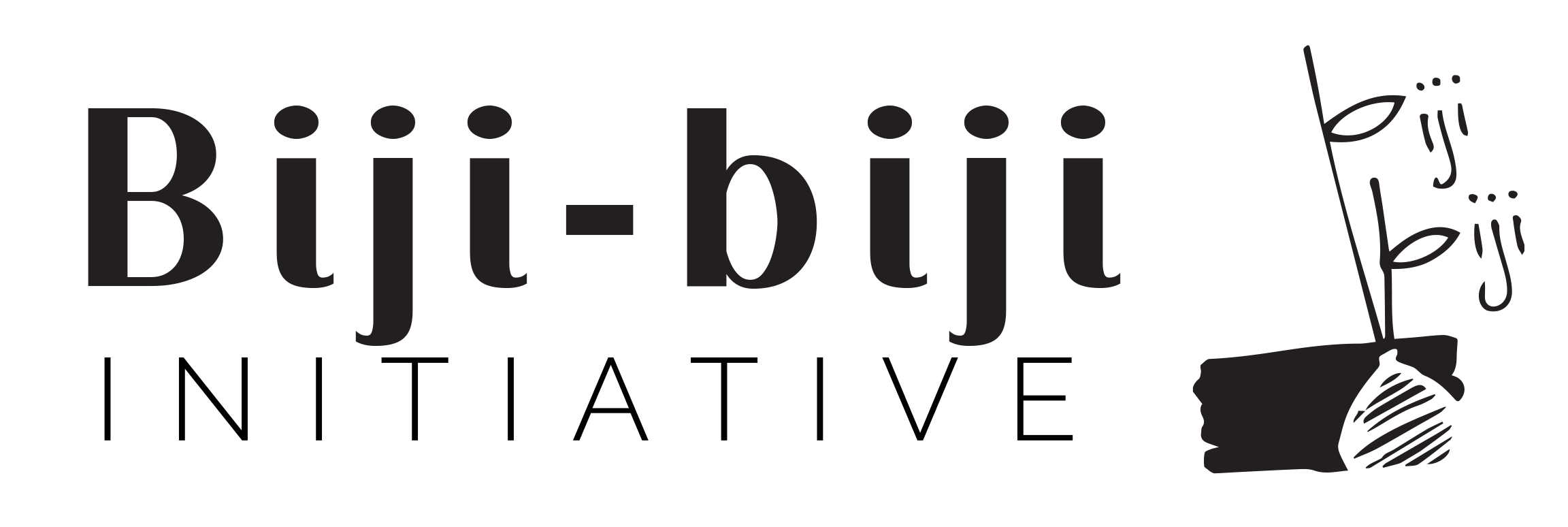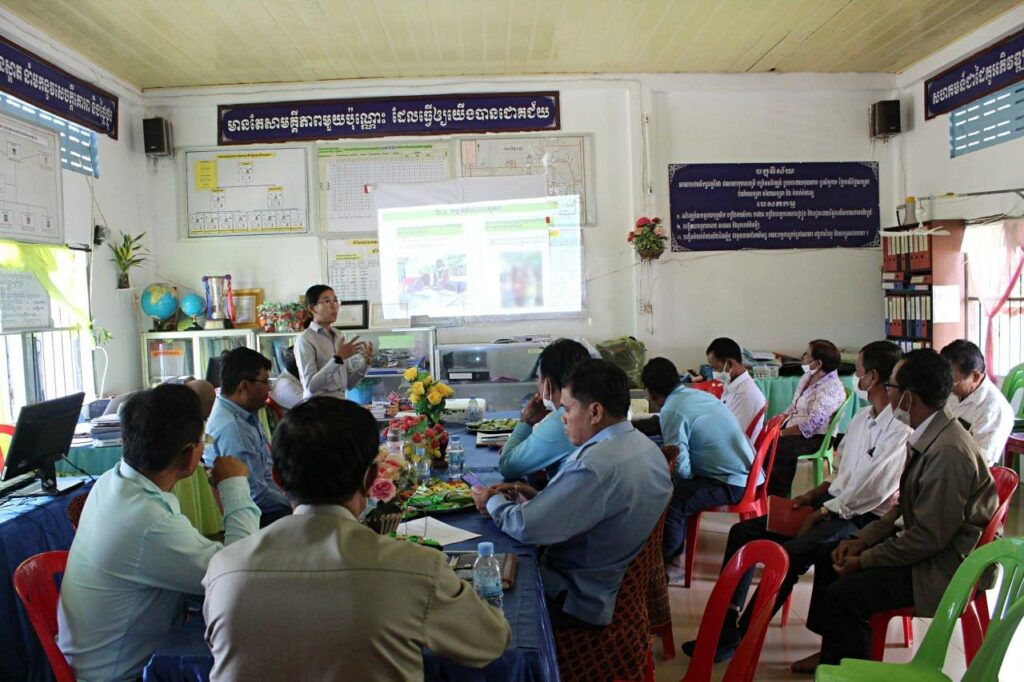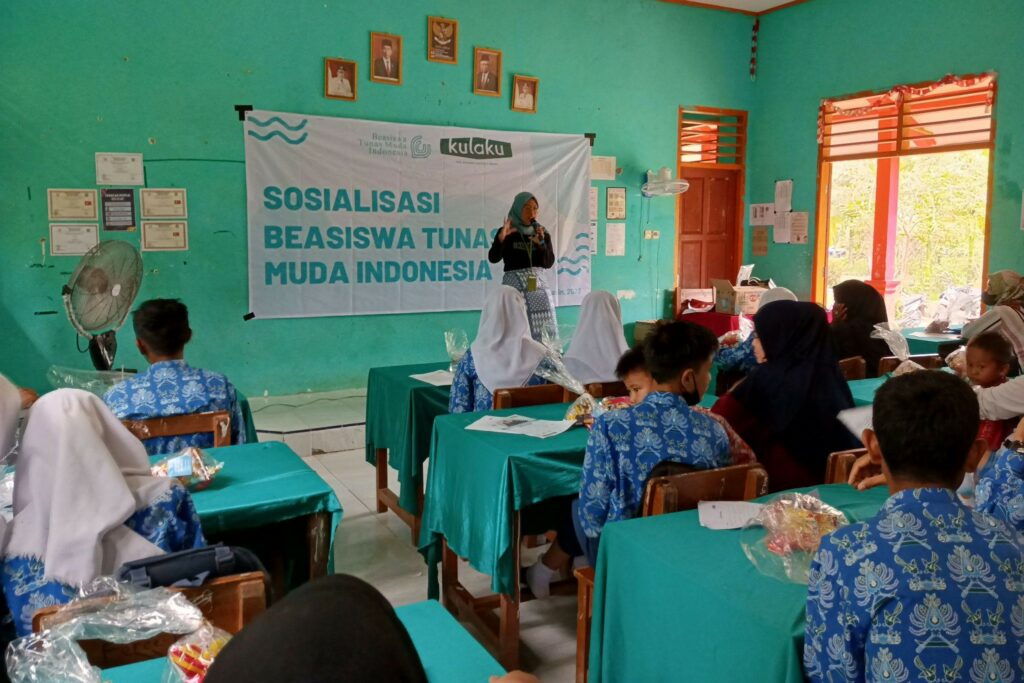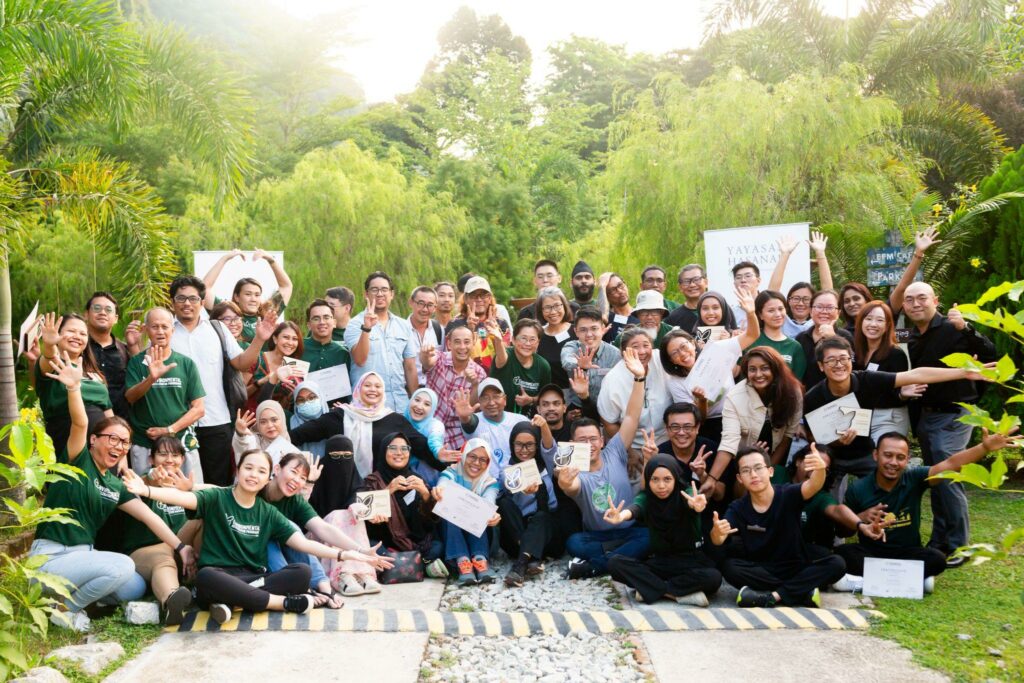Diving into the gig economy without preparation and knowledge can be risky. Here, we compiled a list of programmes introduced by the Malaysian government to assist the gig economy.
The growth of the gig economy in Malaysia
What is the gig economy?
If you have ever been involved in project-based hires, freelance work, or part-time positions, you have most likely participated in the gig economy as a gig worker!
The gig economy is a rising trend of employment that emphasizes freelance, project-based hires for specific skills and services.
In Malaysia, the gig economy is an exciting, burgeoning form of employment. According to World Bank data, about 25.3% of the Malaysian workforce are freelancers in 2018, and this number is expected to grow.
As gig-based employment becomes more relevant to our economy today, it is essential for the gig community to understand ways to protect themselves in order to excel in the gig economy.
Yet, the gig economy is not for the faint-hearted. Prominent challenges gig workers face include the exclusion from social security benefits, inconsistent wages, and the lack of an improved regulatory framework governing the gig economy.
To shed some light on initiatives that assist the gig economy, we have compiled a list of programmes introduced by the Malaysian government that act as safety nets for the gig economy.
PENJANAGig
The PENJANAGig programme, announced by the Prime Minister on the 5th of June, 2020, is a government assistance initiative offered through PENJANA to ensure the social security and welfare of the self-employed community in the gig economy via matching grants.
This government assistance forms a portion of the Self-employed Social Security Scheme (Skim Keselamatan Sosial Pekerjaan Sendiri, or SKSPS), under SOCSO.
For a comprehensive FAQ on the PENJANAGig programme, find out more here.
Global Online Workforce (GLOW PENJANA)
GLOW PENJANA is a national programme designed to enable Malaysians to become part of the online global workforce and earn income independently.
eRezeki-myGIG Programme
To support youths in the post-COVID-19 gig economy ecosystem, the Ministry of Youth and Sports (KBS) in collaboration with the Ministry of Communications and Multimedia (MOH) launched the myGIG programme.
By registering with the programme, youths will be matched with opportunities that fit the youths in terms of location, interest, skills and qualifications.
Register for eRezeki-myGIG here.
i-Saraan Scheme
The i-Saraan scheme (the Voluntary Contribution with Retirement Incentive) allows self-employed members who do not earn a regular income to make voluntary contributions towards retirement and at the same time receive an additional contribution from the government.
The scheme encourages self-employed individuals to save for retirement within their means with the EPF.
According to the official EPF site, you will receive a 15% government contribution at a maximum of RM250/year, effective 1 Jan 2018 until 2022, on top of your own contributions.
Learn more about i-Saraan here.
Other initiatives
Digital Skills and Gig Economy Employability Programme (Microsoft Malaysia and Biji-biji Initiative)
In partnership with Microsoft Malaysia and our community partners such as GoGet.my, Workana, Rtist Malaysia, TheKedua.com, and HeroKita, we launched the Digital Skills and Gig Economy Employability Programme to upskill and empower Malaysian youths to thrive in the gig economy.
Phase I of our programme was a series of webinars on topics such as personal branding, project management as well as financial management, allowing the participants a well-rounded experience and a holistic view of the gig economy.
Diving into the gig economy without prior knowledge and skills can be challenging – we are happy to be a part of an initiative empowering Malaysian youths to excel in the gig economy.
Gig Economy Awareness
#MicrosoftGigChallenge

To raise awareness about the gig economy, we are currently running a #MicrosoftGigChallenge campaign on Instagram and LinkedIn that will last through December.
Through the campaign, we are hoping to hear more stories from the gig community about their projects, freelance work, and what they are passionate about.
Check out our campaign on LinkedIn and Instagram here.




